[OmniFaces utilities] The
setScriptResourceRendered() method set the given script resource as rendered.[OmniFaces utilities] The
setStylesheetResourceRendered() method set the given stylesheet resource as rendered.Method (for script):
Method (for stylesheet):
When we need to add any component (resource instance) as a resource in the view, we can use UIViewRoot#addComponentResource(). By any component (resource instance) we understand a resource instance which is rendered by a resource Renderer, as described in the Standard HTML RenderKit. For example, if you move a <script> component at the end of the <body>, you will probably do this:
UIViewRoot
view = context.getViewRoot();
view.addComponentResource(context,
script_component, "body");
Further, you
may need to mark this resource as rendered. You have to instruct JSF that the
script resource is already rendered, otherwise JSF will force the
auto-inclusion/rendering of the script resource. As BalusC points out, "in case of Mojarra and MyFaces, a context
attribute with key of name+library and a value of true has to be set in order
to disable auto-inclusion of the resource". Well, in Mojarra you can
easy see these words in code lines in com.sun.faces.renderkit.html_basic.ScriptRenderer
class, in encodeEnd()
method (similar we have for stylesheets resources in StylesheetRenderer). The relevant part is listed below:
@Override
public void
encodeEnd(FacesContext context, UIComponent component)
throws
IOException {
...
Map<Object, Object> contextMap =
context.getAttributes();
...
String name = (String)
attributes.get("name");
String library = (String)
attributes.get("library");
String
key = name + library;
...
...
// Ensure this script/stylesheet is not rendered more
than once per request
if
(contextMap.containsKey(key)) {
return;
}
contextMap.put(key,
Boolean.TRUE);
...
}
}
Since
there's no standard JSF API for doing this, OmniFaces accomplished this task (for scripts) via Hacks#setScriptResourceRendered():
FacesContext
context = ...;
Hacks.setScriptResourceRendered(context,
new ResourceIdentifier(script_component));
And, for stylesheets via Hacks#setStylesheetResourceRendered():
FacesContext
context = ...;
Hacks.setStylesheetResourceRendered(context, new ResourceIdentifier(stylesheet_component));
Note The OmniFaces org.omnifaces.resourcehandler.ResourceIdentifier is a convenience class to represent a resource identifier (maps resource name and library).
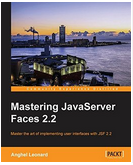
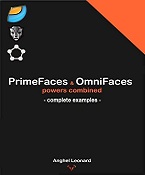
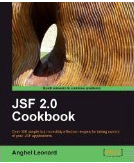
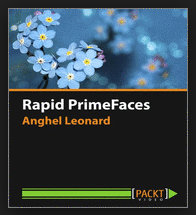





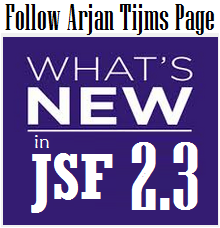

 Arrays
Arrays Converters
Converters

 JSF 2 Tutorials at www.mkyong.com
JSF 2 Tutorials at www.mkyong.com  JavaServer Faces (JSF) Tutorial
JavaServer Faces (JSF) Tutorial 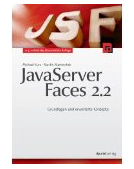
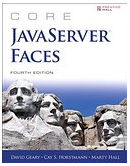
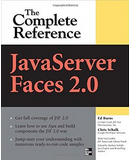
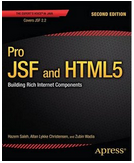
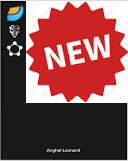
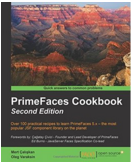


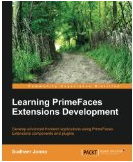

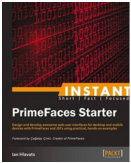

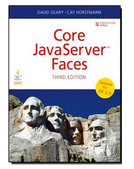

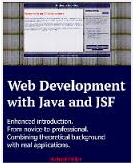
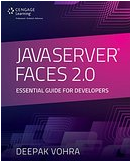

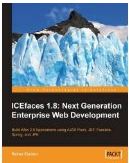




Niciun comentariu :
Trimiteți un comentariu